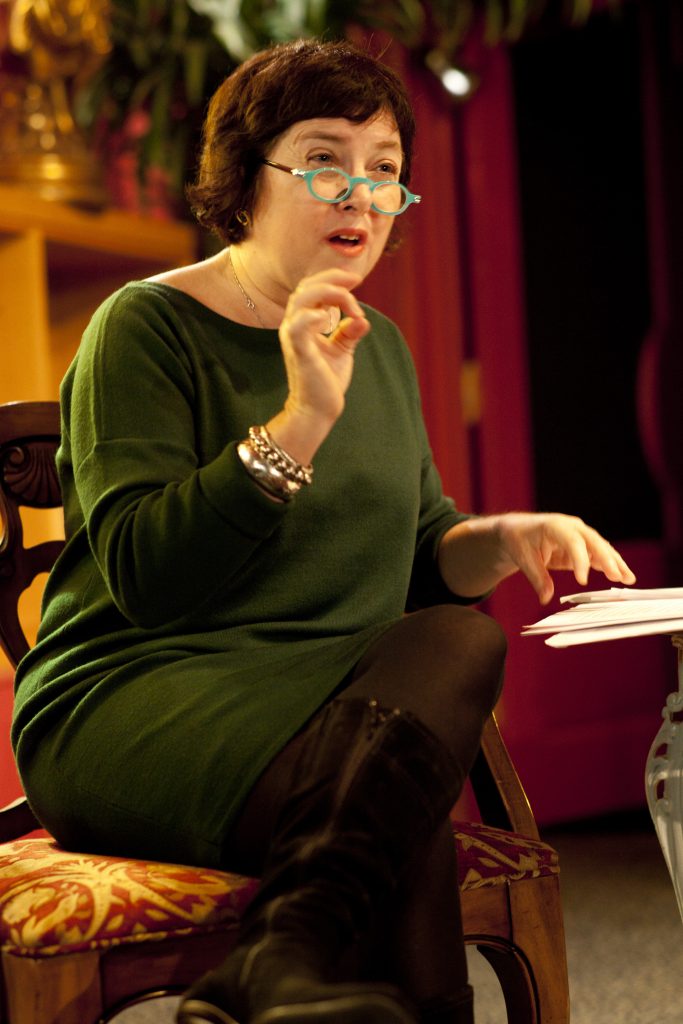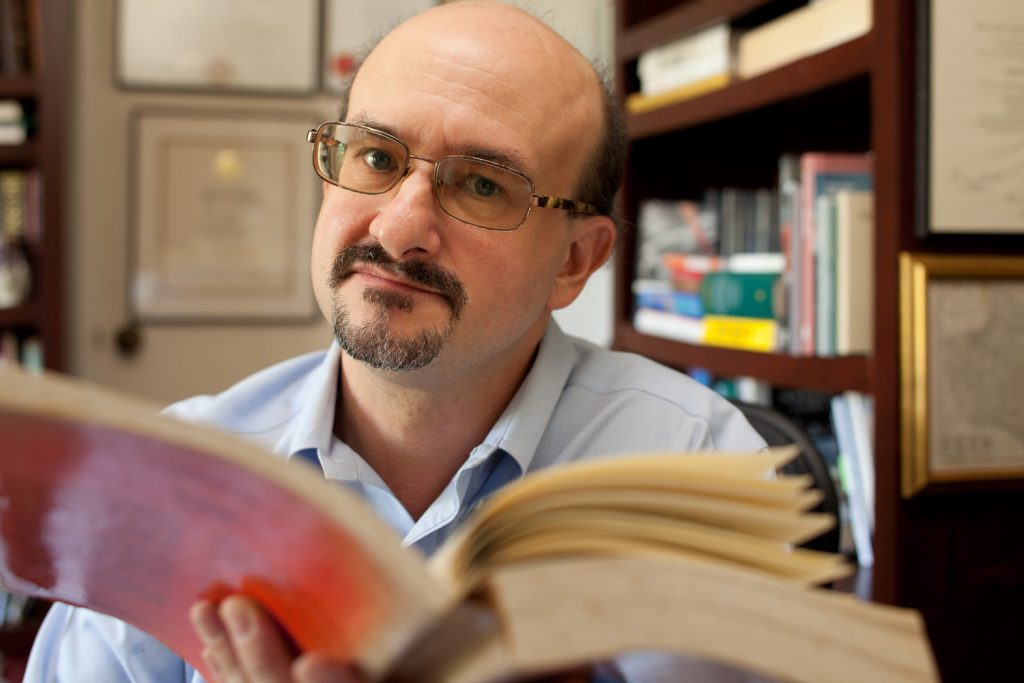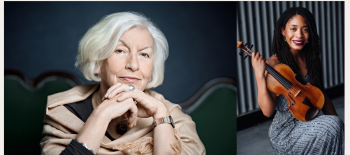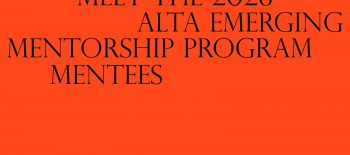April 28, 2021
Episode 4 and video recordings are available at:
Polish Cultural Institute New York YouTube
Encounters with Polish Literature is a new video series for anyone interested in literature and the culture of books and reading. Each month, host David A. Goldfarb will present a new topic in conversation with an expert on that author or book or movement in Polish literature. More about the Encounters with Polish Literature series and the timeline.
Adam Zagajewski (1945-2021) was a leading poet of the Polish New Wave, the generation including figures like Julian Kornhauser, Stanisław Barańczak, Ewa Lipska, and Ryszard Krynicki, younger than poets born before the Second World War like Zbigniew Herbert, Czesław Miłosz, and Wisława Szymborska. He was born in Lwów after the Soviets forced out the Germans (today L’viv in Ukraine) at the very end of the war, and like most Poles in the region that would become Soviet Ukraine, was relocated to the formerly German “recovered territories” annexed to Poland after the Yalta and Potsdam Conferences. Haunted by themes of transience and constant motion and memories of a native city he never really knew, he would become a staunch defender of the search for moments of transcendence in the imperfect world of the everyday. He left his mark on American culture when his poem, “Try to Praise the Mutilated World” was published in the last page of the November 24, 2001 issue of The New Yorker, following the tragedy of 9/11.
In this episode of “Encounters with Polish Literature,” we discuss these themes and more with Clare Cavanagh, Zagajewski’s leading translator into English. We talk about what it was like to work with Adam Zagajewski as a translator in comparison with Wisława Szymborska and others, and in general about the issues that a translator considers in carrying a literary work over to a new language. We also explore the poet’s deep fascination with music and painting, and how aesthetic brilliance can pierce through “ordinary life.” For the first time, Cavanagh reads new translations of three poems that have not yet appeared in English from Zagajewski’s last collection published in Polish.
Finally, Prof. Cavanagh says a few words about Polish studies at Northwestern University—a small program that has produced some real powerhouse graduates now working in the field and two of whom are already scheduled as guests in this series.
Northwestern University Department of Slavic Languages and Literatures
Recommended readings by Adam Zagajewski in English:
Another Beauty. Tr. Clare Cavanagh. New York: Farrar, Straus and Giroux, 2002.
Asymmetry. Tr. Clare Cavanagh. New York: Farrar, Straus and Giroux, 2019.
A Defense of Ardor. Tr. Clare Cavanagh. New York: Farrar, Straus and Giroux, 2005.
Eternal Enemies. Tr. Clare Cavanagh. New York: Farrar, Straus and Giroux, 2008.
Slight Exaggeration, an essay. Tr. Clare Cavanagh. New York: Farrar, Straus and Giroux, 2018.
Solidarity, Solitude. Tr. Lillian Vallee. New York: Ecco Press, 1990.
Two Cities: On Exile, History, and the Imagination. Tr. Lillian Vallee. Athens, Ga.: University of Georgia Pr., 2002.
Unseen Hand. Tr. Clare Cavanagh. New York: Farrar, Straus and Giroux, 2012.
Without End: New and Selected Poems. Tr. Clare Cavanagh and Renata Gorczynski, Benjamin Ivry, and C. K. Williams. New York: Farrar, Straus and Giroux, 2002.
Recommended background:
“Touched by history: politics and poetics of the Polish New Wave writers in the 1970s. – A lecture by Jaroslaw Anders” from the Kosciuszko Foundation

Clare Cavanagh (Northwestern University)
Clare Cavanagh works on nineteenth and twentieth-century Russian, Polish, and Anglo-American poetry. Her book, Lyric Poetry and Modern Politics: Russia, Poland, and the West (Yale UP) received the 2010 National Book Critics Circle Award for Criticism; was named an Outstanding Academic Book of the Year by Choice Magazine; and received the ASEEES/Orbis Book Prize for Polish Studies (2010). She is an Associate Editor of the revised Princeton Encyclopedia of Poetry & Poetics (2012). She is currently working on an authorized biography of the Nobel Prize-winning poet Czesław Miłosz (under contract, Farrar, Straus, and Giroux).
She is an acclaimed translator of contemporary Polish poetry. Her version of Adam Zagajewski’s Asymmetry (2018) received the Harold Langdon Prize for Translation from the Academy of American Poets, and was a finalist for the National Book Critics Circle Award in Poetry. The New York Times Book Review noted in a review of Nobel Laureate Wisława Szymborska’s Map: Collected and Final Poems (2015): “If there were a Nobel-like prize for translators, Szymborska’s translators Stanislaw Baranczak and Clare Cavanagh would have been awarded it at once.”
Current translation projects include: translator and editor, Wisława Szymborska’s Advice to Authors (or How to Start Writing and When to Stop (New Directions); Adam Zagajewski, Real Life (Farrar, Straus, Giroux); editor and translator, Adam Zagajewski, Collected Poems (Farrar, Straus, Giroux); editor and translator, Anna Kamieńska, A Nest of Silence: Notebooks (Yale UP); co-translator, with Alissa Valles and Michał Rusinek, Miron Białoszewski, Oho: Selected Poetry and Prose (New York Review of Books Classics).
Cavanagh’s honors include: election to the American Academy of Arts and Sciences; American Academy of Arts and Letters Award in Literature; the National Book Critics Circle Award for Criticism; the Harold Langdon Award for Translation, Academy of American Poetry; the William Riley Parker Prize of the Modern Language Association; the ZAIKS (Polish Writers’ Union) Prize for contributions to Polish literature in translation; the AATSEEL Prize for Outstanding Scholarly Book in Slavic Literatures; the Ilchester Lecture in Slavonic Literatures, Oxford University; the John Frederick Nims Memorial Prize in Translation; a citation from the Swedish Academy for her translations, with Stanisław Barańczak, of Szymborska; the Katharine Washburne Memorial Lecture in Translation; the PEN/Book-of-the Month Club Prize for Outstanding Literary Translation; and the AATSEEL Award for Outstanding Translation from a Slavic Language.
She has received fellowships from the National Endowment for the Humanities, the John Simon Guggenheim Memorial Foundation, the Social Science Research Council, the American Council of Learned Societies, and The Whiting Foundation. Cavanagh’s essays and translations have appeared in the Times Literary Supplement, The New York Times Book Review, The New Republic, The New Yorker, The New York Review of Books, Bookforum, Partisan Review, Common Knowledge, Poetry, Literary Imagination and other periodicals. Her work has been translated into Russian, Polish, Hungarian, French, Dutch, Japanese, and Chinese.

David A. Goldfarb
David A. Goldfarb is an independent scholar of Polish literature and literary theory, a literary translator from Polish to English, and a liaison for Polish authors to US publishers. In 2018 he translated feature articles and interviews from Wysokie Obcasy—the weekly women’s supplement to Poland’s main independent daily paper Gazeta Wyborcza—for Newsmavens.com, a pan-European women’s news portal. From mid-2010 to the end of 2013, he was Curator of Literature and Humanities Programming at the Polish Cultural Institute New York, a diplomatic mission of the Ministry of Foreign Affairs of the Republic of Poland. Prior to that he served as Assistant Professor of Slavic Literatures and Comparative Literature at Barnard College, Columbia University.
He holds a doctorate in Comparative Literature from the Graduate Center of the City University of New York as well as an M.A. in Slavic Languages and Literatures from the University of Toronto, and a B.A. in Philosophy from Cornell University and Deep Springs College. He has published articles on Bruno Schulz, Zbigniew Herbert, Stanisław Ignacy Witkiewicz, Mikhail Lermontov, and East European cinema in such journals as East European Politics and Societies, Indiana Slavic Studies, Philosophy and Literature, Prooftexts, The Polish Review, Slavic and East European Performance, and Jewish Quarterly, and he has published book chapters on Jozef Wittlin, Witold Gombrowicz, and Nikolai Gogol and Giuseppe Arcimboldo. He has written the introduction and notes for Tolstoy’s “The Death of Ivan Ilych” and Other Stories and Turgenev’s Fathers and Sons for the Barnes and Noble Classics series, and for the Penguin Classics edition of the The Street of Crocodiles and Other Stories by Bruno Schulz.
Bartek Remisko, Executive Producer
David A. Goldfarb, Host & Producer
Natalia Iyudin, Producer
This project is part of 21-anniversary celebration of Polish Cultural Institute New York.
Partners:




